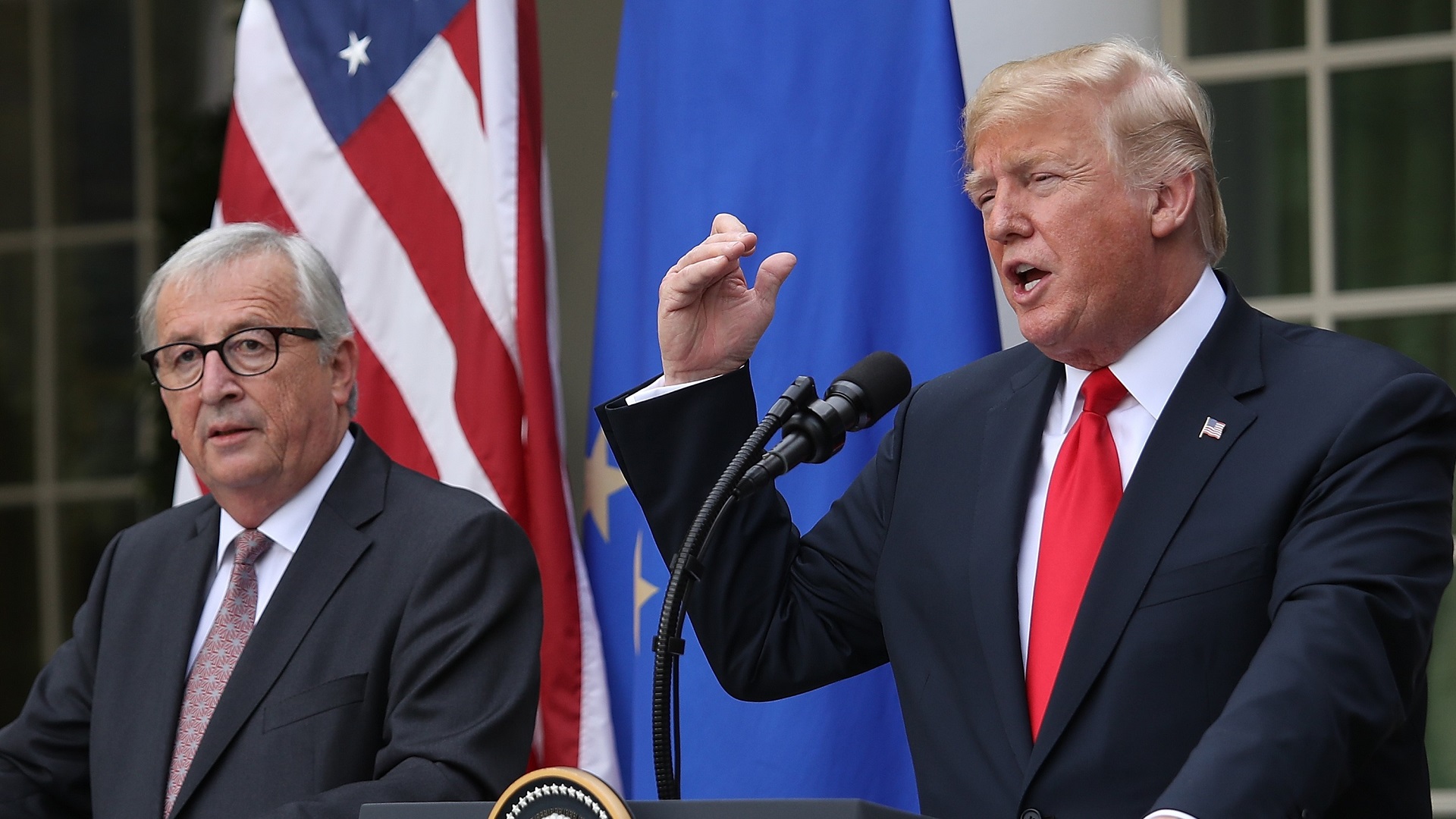

The European Union has raised a public warning that it would retaliate against any additional vehicle tariffs imposed by the United States, reports Bloomberg. Though the EU’s intent isn’t to worsen relations with the U.S., it fears that tariffs could cause unprecedented damage and severe issues could fall upon the economy.
“These tariffs would be damaging, not only for the European economy but for the U.S. economy,” said European Trade Commissioner Cecilia Malmstrom after meeting with U.S. Trade Representative Robert Lighthizer on Wednesday, explaining that, if provoked, the EU would issue retaliation tariffs using a “re-balancing list [to cover] a lot of different sectors.”
Earlier this year, U.S. President Donald Trump levied additional tariffs against imported steel and aluminum, a move that Ford claims to have cost the company $1 billion and forced the manufacturer to lay off 12 percent of its staff. Alongside the increased duty fees of foreign metals came the threat of global automotive tariffs as high as 25 percent. BMW and other like-minded automakers have warned could cost the United States a great number of jobs.
In July, Trump met with European Commission president Jean-Claude Juncker to discuss international trade between the U.S. and the EU. At the time, Trump agreed that no additional auto tariffs would be imposed against the EU in the immediate future, and the EU agreed to buy more soybeans, which, in addition to the administration’s $12 billion bailout, would help offset the retaliation tariffs issued by China earlier in the year. That stance seems to remain unchanged in recent days.
Recent leaks from the White House suggest that the U.S. has no plans to move forward with imposing additional tariffs, yet. The Department of Commerce has until February before its final report on Section 232 is due, meaning that the U.S. could justify a decision based on its findings until nearly April 2019. Formally, the U.S. cannot begin trade negotiations before January due to congressional rulings on trade agreements.
Malmstrom notes that the EU hopes tariffs will not be imposed against the bloc. However, she stresses that the countries will be ready to impose retaliation tariffs if necessary, as well as issue a complaint to the World Trade Organization.